Being Queer in Your Second language
October 14, 2022 | Amqui, Bas-Saint-Laurent, Québec
Hi, I’m Nadine, and I’m Queer. I am Non-binary and I use they/them pronouns in English, and in French, my second language…I’m unsure. They/them pronouns don’t exist in French. The whole language is binary, feminine or masculine, which for someone who is actively avoiding said binaries, it is disappointing.
As of now, I use Il/lui, the masculine pronoun in French, but that’s not much better than elle, the feminine pronoun. Usually, when I’m teaching, my students know that I am non-binary, and may not use my correct pronouns but comprehend that I am not a girl nor a boy. This arrangement worked for me. I ignore the incorrect pronouns and let them be as they are children and I understand that it may not be possible for a 4-year-old to perfectly use they/them pronouns. However, here in Québec, I’m facing a difficult decision. My students are old enough to use they/them pronouns accurately, if English was their first language. Using they/them pronouns as I do, may have adverse impacts on my student’s language skills. My resource teacher agrees. The concept of binary genders exists much more in French than in English, which in my case makes it very difficult to explain to my students that I, their teacher, am not really a girl nor really a boy. The use of a singular they or them is a fairly foreign concept to native English speakers, yet alone English second language speakers. Usually, I can explain this no problem, but as my students are in their second language, I am uncertain. It is not a fear of transphobia, or a fear of it going badly, it is simply a fear of being misunderstood.
“In French, there are new ‘gender neutral’ pronouns, but they do not feel right for me.”
Nadine at their high school graduation (Photo Credit: Katherine Cacal)
When I was in grade 12, I had come to terms with my non-binary identity, however I had not come out, and was very much in the closet. Despite this, I’d happened to come out to my core French teacher, as she was the teacher supervisor for the GSA at my high school (which I co-founded!) I was using They/Them in English, and up until then, elle in French. It was then that I decided to continue to use elle “for the sake of my learning”, which may as well have been code for “I’m going to put this off till I can find a pronoun that fits”. Turns out, putting off problems doesn’t make them go away. Throughout my learning of French, I kept using elle, and even through university too.
There isn’t a right answer for this unfortunately. In French, there are new ‘gender neutral’ pronouns, but they do not feel right for me. “Iel” is the new gender neutral pronoun in French. Some like it, some don't. I don’t. I find it’s too similar to the he/she concept that was and still is used to insult and hate on Queer people in the past. It also becomes the mix of feminine and masculine which to me signifies gender-fluid, which is not who I am. I am non-binary. Will I be the inventor of a new gender neutral pronoun in French? Likely not, but I am sure open to suggestions. Hopefully, within my lifetime I will find a pronoun for me in French that is a good fit for me.
Author
Nadine Steinley
Community Liaison (Amqui, Bas-Saint-Laurent)
for Y4Y Québec



